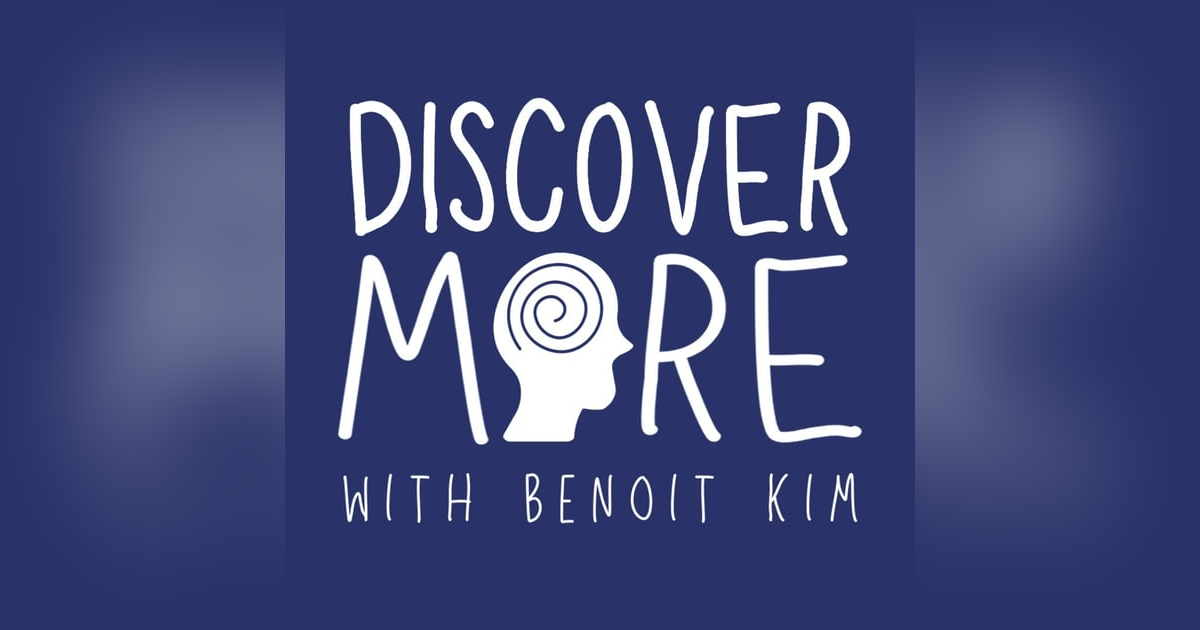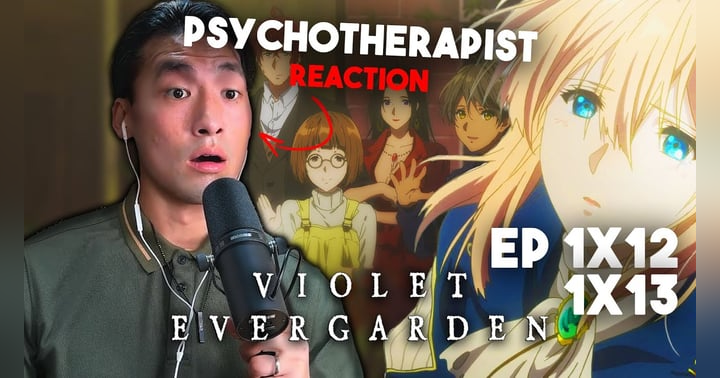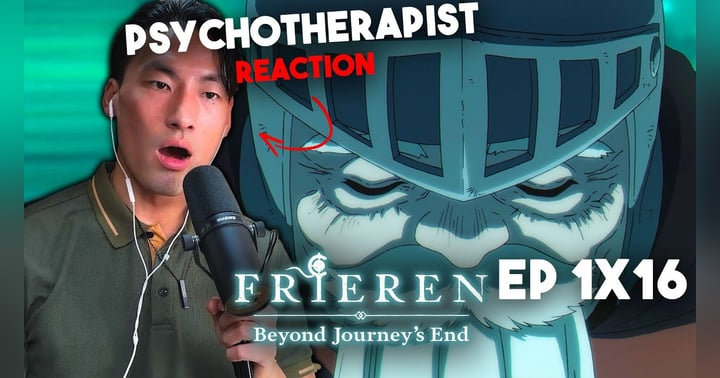The Masks We Wear and Lessons Learned from Loss

We all wear masks. In our daily lives, we put on appearances, tailor our persona, and engage in impression management. We want to be perceived in a certain light and avoid judgment. This tendency speaks to a deep human need for validation and approval from others. But when does healthy image crafting cross over into inauthenticity? In a fascinating discussion between two podcasters, this question around masks and manipulation emerges as a central theme. Arsh and Benoit cover diverse topics from business to psychology, touching on the masks people wear to hide their true selves. Arsh shares how his passion for gaming led him to build a successful company and YouTube channel at just 13 years old. But his naivety in sharing administrative access led to betrayal, as teammates deleted the channel altogether. This early lesson in manipulation was formative, making Arsh more analytical and skeptical of others from that point on. He recognizes how easily people can deceive you if you let your guard down. Benoit recounts an irritating movie theater experience where disruptive kids ruined the film. Arsh uses this as an example of how we judge based on limited information, since you never know what those kids are dealing with in life. He cautions against assumptions. This tendency to judge is why people carefully craft their image.
As Arsh notes, many have become masters at manipulating conversations and appearances. We all want to be perceived positively, so we hide our flaws behind a facade. But are these masks necessarily inauthentic? Arsh argues that no one has everything figured out. Behind closed doors, even the most successful entrepreneurs doubt themselves at times. The polished veneer often hides deep insecurities. Perhaps some masking is even virtuous, done not out of deception but to prevent burdening others. After all, who wants to unleash their unfiltered thoughts and feelings at all times? Filtering helps maintain social harmony. However, taken too far, masking can become unhealthy and self-destructive. How do we strike the right balance between discretion and authenticity? Arsh and Benoit explore this tension. Benoit shares an emotional story of his mother's mental breakdown that taught him what matters most in life - things like family and health, not wealth and status. He realized the triviality of the masks he wore. Arsh too lost his father unexpectedly, leaving lingering regret that he didn't spend enough quality time while he was alive. Life's fragility reminds us to drop the facades and open up to loved ones. We never know how much time we have left. Benoit also discusses his time in the military, where facing mortality head-on forced him to confront his real priorities and values. The high-stakes environment compelled authenticity. In a world obsessed with image curation and virtual personas, how do we nurture our true selves? For Arsh, it comes down to avoiding regret through learning and mindful presence. Rather than hiding from past mistakes, reflect on them and let them shape you. He also emphasizes tuning out external validation and finding your inner self-worth. The need to prove yourself to others often fuels inauthentic masking. Shedding the weight of others' judgments helps remove the mask. Of course, complete openness has downsides too. We all need some privacy of thought and feeling. But in our close relationships, can we show up as we truly are? Can we find the courage to remove the masks in environments where we feel psychologically safe? The conversation left me pondering my own masks. What parts of myself do I hide from the world? Can I let down my guard more with close friends and family? How often do I curate and filter to maintain a certain image? While impressions matter, authenticity matters more. In a world of manipulation and deception, truth and understanding are radical acts. May we unveil ourselves more fully and relate to each other with compassion. Our shared vulnerability connects us at the deepest level.
Check out the full version of Episode 100 here.







